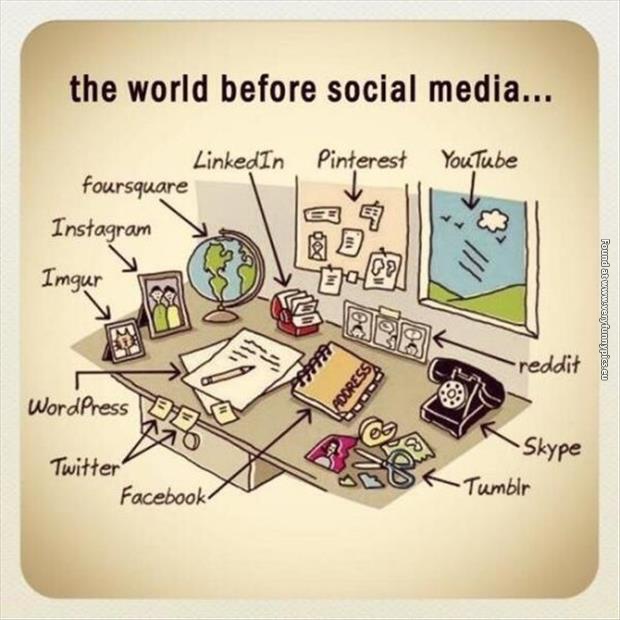
THE IMPACT OF SOCIAL MEDIA ON SOCIAL ANXIETY
Social Media and the Evolution of Social Interactions If there is one thing the 21st century has brought more of into our lives, it is the enterprise known as “social media”. From things like Facebook to Twitter, or more picture oriented apps such as Instagram, the way people interact with each other has changed and… Continue reading














